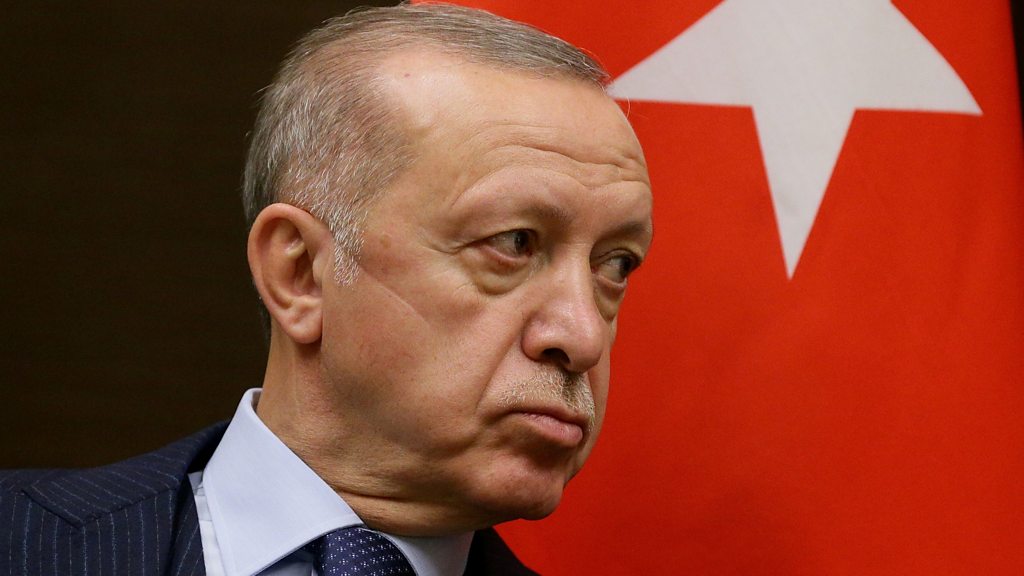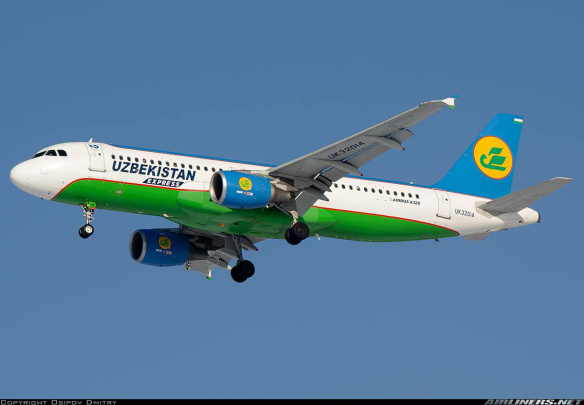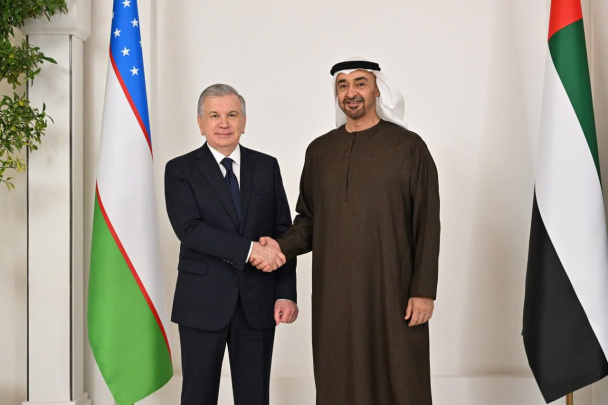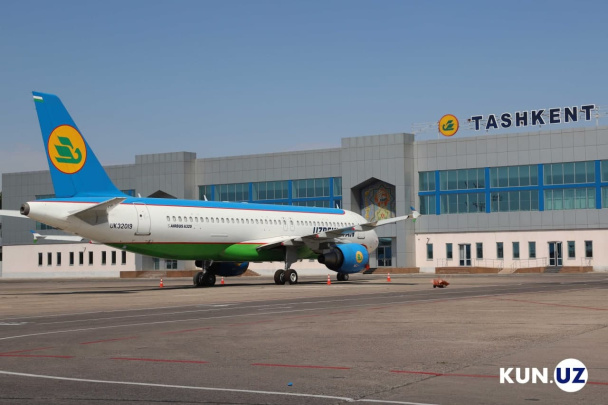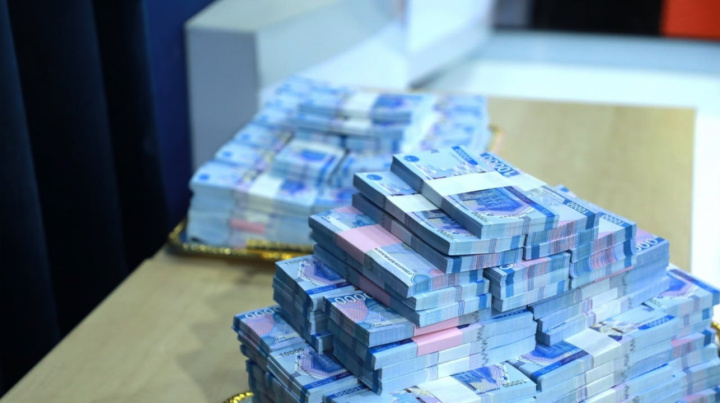It follows a statement from the envoys calling for the urgent release of activist Osman Kavala.
He has been in jail for more than four years over protests and a coup attempt, although he has not been convicted.
Persona non grata can remove diplomatic status and often results in expulsion or withdrawal of recognition of envoys.
This week's statement on Mr Kavala jointly came from the embassies of the US, Canada, France, Finland, Denmark, Germany, the Netherlands, New Zealand, Norway and Sweden. Seven are fellow Nato allies of Turkey.
The Council of Europe, Europe's main human rights watchdog, has given Turkey a final warning to heed a European Court of Human Rights ruling to free Mr Kavala pending trial.
Addressing a crowd in Eskisehir on Saturday, Mr Erdogan said the ambassadors "cannot dare to come to the Turkish foreign ministry and give orders".
He said: "I gave the necessary order to our foreign minister and said what must be done. These 10 ambassadors must be declared persona non grata at once. You will sort it out immediately."
However, what will happen now remains unclear.
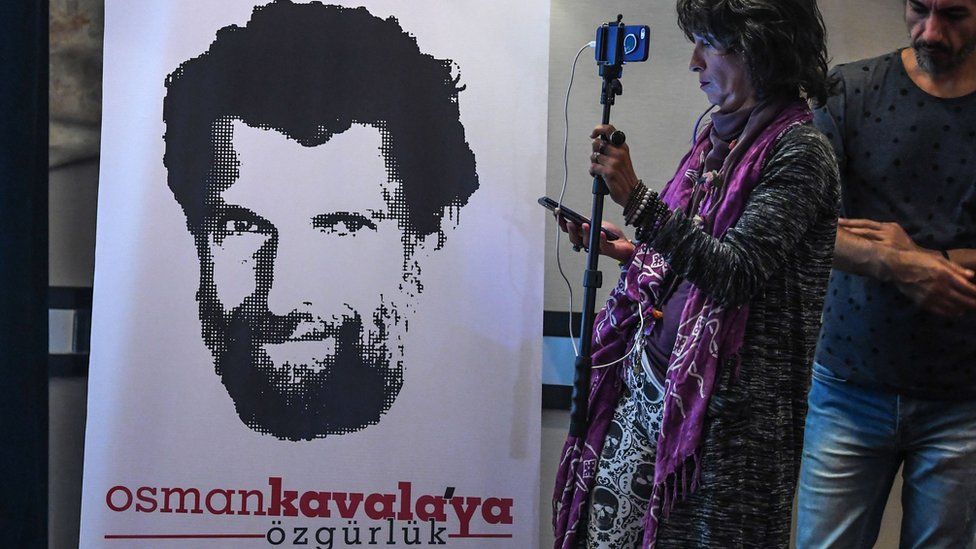
Mr Erdogan said the envoys should either understand Turkey or leave, Turkish media reported.
There has been little response from the ambassadors so far, although the German foreign ministry said the nations involved were in "intensive consultation".
No official notification has been received from Turkish authorities.
The Norwegian foreign ministry told Reuters its envoy had "not done anything that warrants an expulsion".
Turkey's foreign ministry had summoned the ambassadors on Tuesday to protest at their "irresponsible" statement on the Kavala case.
The embassies' statement had criticised the "continuing delays" in Osman Kavala's trial, which "cast a shadow over respect for democracy, the rule of law and transparency in the Turkish judiciary system".
It urges a speedy resolution and calls for "Turkey to secure his urgent release".
Mr Kavala was last year acquitted of charges over nationwide protests in 2013, but almost immediately rearrested.
The acquittal was overturned and new charges were added relating to the military coup attempt against the Erdogan government in 2016.
Mr Kavala denies any wrongdoing and critics of the Erdogan government say his case is an example of a widespread crackdown on dissent.
Earlier this week, Mr Erdogan defended Turkey's judicial system, saying: "I told our foreign minister: We can't have the luxury of hosting this lot in our country. Is it for you to give Turkey such a lesson? Who do you think you are?"
A very bold move
By Ece Goksedef, BBC Turkish
The Kavala case has been a source of tension between the Turkish government and its Western allies. Turkey has been accused of applying criminal law against its critics and breaching the rule of law. The Kavala case is one example.
As a businessman, Mr Kavala had been campaigning for freedom of speech and democracy. President Erdogan says he supported the Gezi protests in Turkey in 2013. He believes those protests were aimed at toppling himself and his government. That is why he believes all the calls for Mr Kavala's release are directly targeting himself. Hence his harsh response.
Turkish officials told me that they did not know when the trial should start. But if it does, we can expect a response from the countries now speaking out, and that will have consequences for the Turkish economy, which is already struggling, since some of those countries are Turkey's biggest trade partners.
This is a very bold move, probably a show of strength, especially for domestic politics a year and a half before elections. Some analysts believe it is rhetoric for domestic consumption. But others argue Mr Erdogan may be serious in pursuing this order. It remains to be seen.

